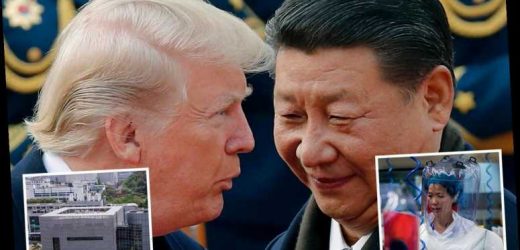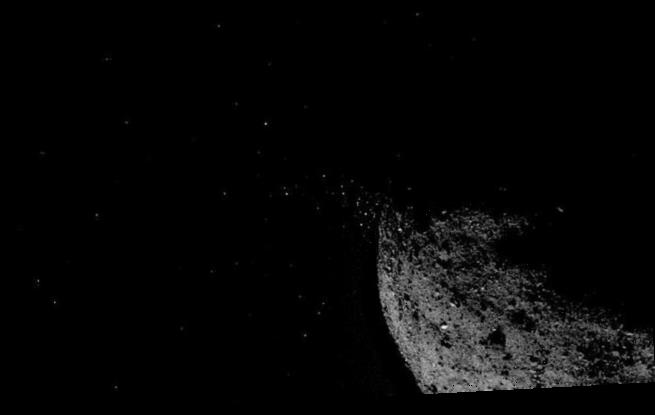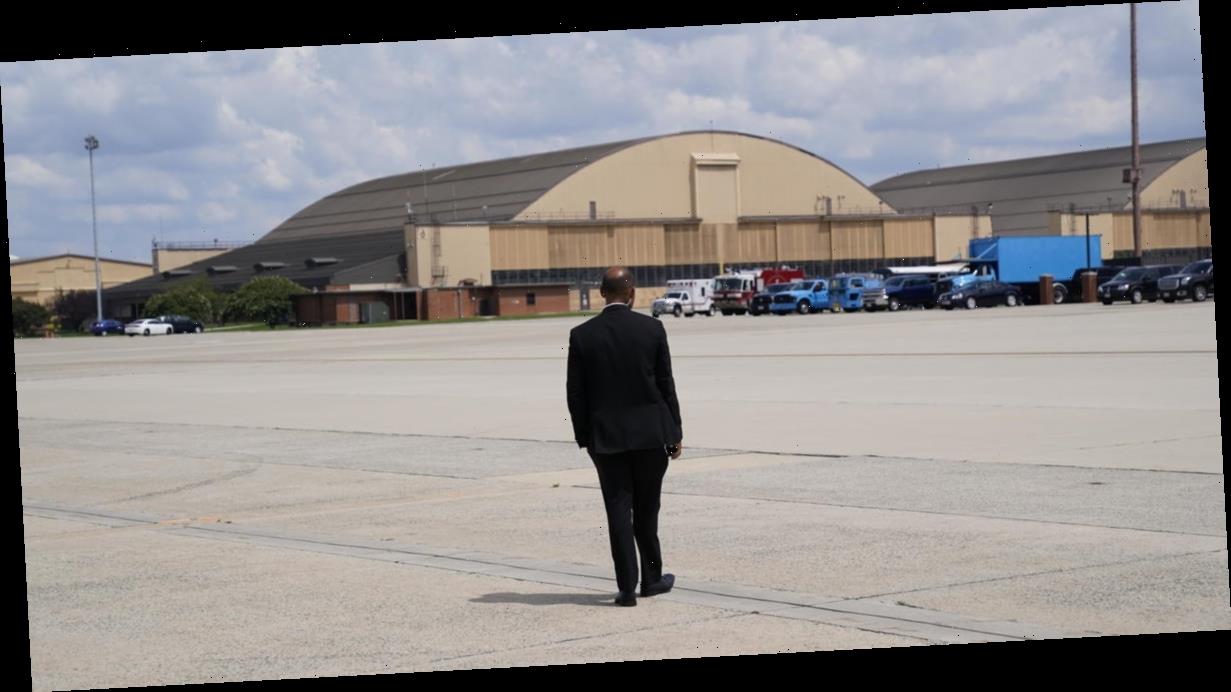CHINA tried to “blackmail” the US by “threatening to block life-saving Covid medical supplies unless it stopped saying there was a cover-up over the origins of the coronavirus,” it has been claimed.
While the origins of the Covid-19 virus have never been firmly established, then President Donald Trump’s State Department issued a statement on January 15, this year, claiming the US intelligence community had evidence several researchers at the Wuhan Institute of Virology laboratory were sick with Covid-like symptoms in autumn 2019.
? Read our coronavirus live blog for the latest news & updates…
The implication being the Chinese government had covered up vital information about the outbreak for months.
The statement also claimed that while the lab was “presenting itself as a civilian institution” it was secretly conducting research projects with the Chinese military.
It maintained that “Beijing continues today to withhold vital information that scientists need to protect the world from this deadly virus, and the next one.”
Concerns about the Wuhan lab appear to have originated in late 2017 to early 2018 when the US Embassy in Beijing sent a team of health and science officials to Wuhan after virologists at the lab discovered three new viruses that had a unique aspect: they contained a "spike protein” that was particularly good at grabbing on to a specific receptor in human lung cells known as an ACE2 receptor.
Among the three teams the US sent was Shi Zhengli, often referred to as the “bat woman” due to her extensive knowledge of coronaviruses found in bats.
'WITHHOLD VITAL INFORMATION'
The Chinese researchers though are said to have told the teams they didn’t have enough properly trained technicians to operate the lab safely and needed more support to get it up to standard.
In turn those diplomats conveyed their concerns to Washington in two cables effectively saying dangerous groups of viruses were being studied in a lab with real safety problems.
There was no response from the US State Department.
“We were trying to warn that that lab was a serious danger,” one of the cable writers said. “I have to admit, I thought it would be maybe a SARS-like outbreak again. If I knew it would turn out to be the greatest pandemic in human history, I would have made a bigger stink about it.”
Tensions between China and the US had been deteriorating at the time after a Chinese diplomat alleged on Twitter that the outbreak might have been caused by the US Army.
In response, Trump had started calling it the “China virus”.
Trump and Xi Jinping had agreed to call an end to hostilities in a phone call on March 26 with Xi warning Trump that China’s level of co-operation on releasing "critical equipment" would be jeopardised by continuing the accusations.
Officials in the NSC and State Department started compiling circumstantial evidence in April that the Wuhan lab, rather than the seafood market as China claimed, was actually the source of the virus.
While they found the claim “plausible” they had no hard evidence it did originate in the lab.
It was feared if the government accused China of lying about the outbreak without firm evidence, Beijing would escalate tensions, meaning Americans might not get the medical supplies that were needed, Politico reports.
Following a report on the cables in the Washington Post, Mike Pompeo publicly called on Beijing to “come clean” about the origin of the outbreak and weeks later declared there was “enormous evidence” but failed to produce the proof.
Deputy national security adviser Matthew Pottinger is said to have asked the intelligence community to look for evidence of all possible scenarios for the outbreak, including the market or a lab accident, but they had been unable to unearth any conclusive evidence either way.
Similarly, US scientists who had worked with Shi could not say for sure her lab was unconnected to the outbreak.
In May, Chinese CDC officials declared on Chinese state media that they had ruled out the possibility that the seafood market was the origin of the virus.
Source: Read Full Article







